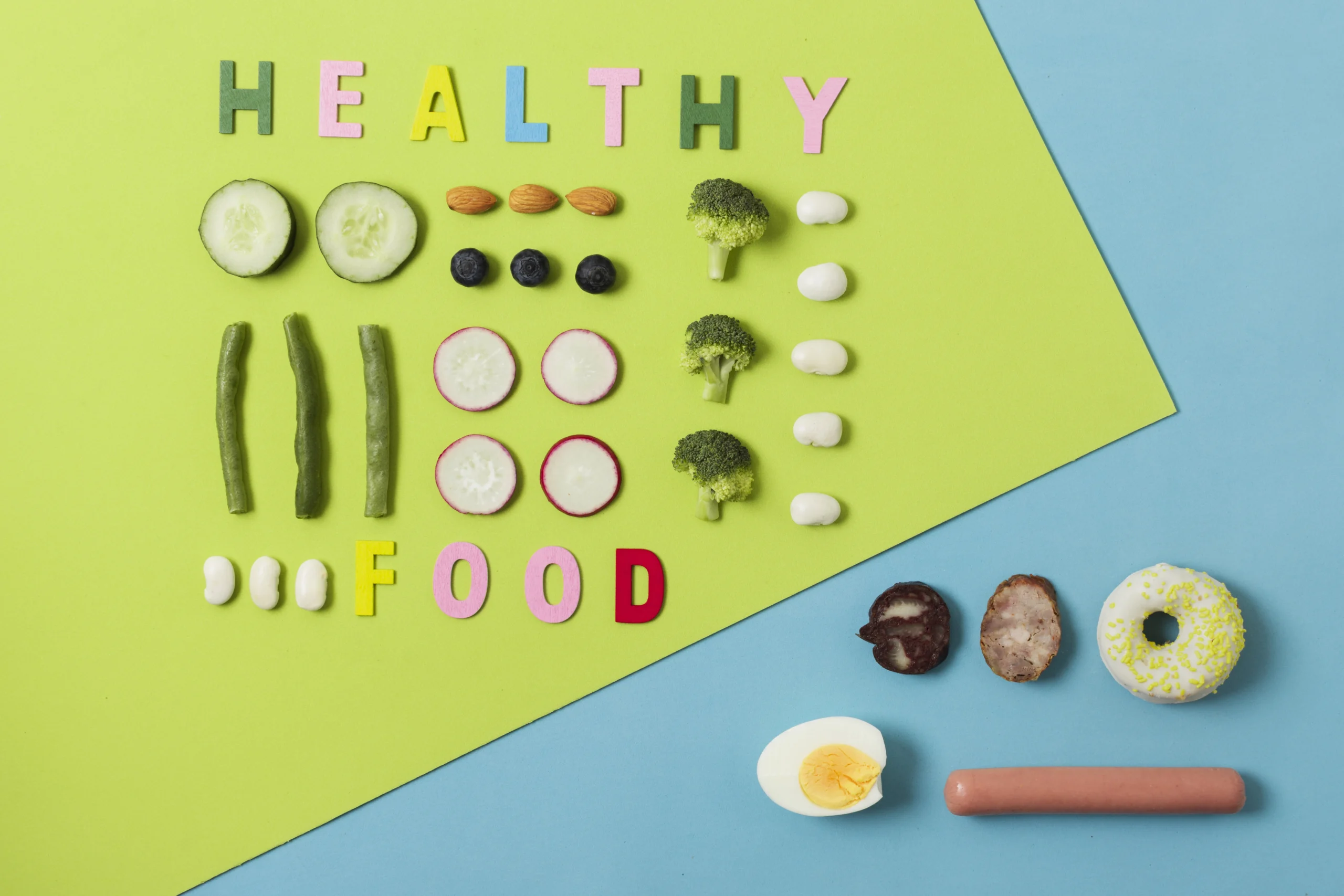Can You Eat Crocs? Exploring the Safety and Risks
Introduction: The Strange Question We All Wonder About
Have you ever found yourself staring at your old, worn-out Crocs and thinking, “Can you eat Crocs?” While it may sound absurd, the internet is full of bizarre food challenges and survival myths, making it a surprisingly valid question. Whether you’re curious about the safety of consuming unconventional materials or just looking for an entertaining read, you’ve come to the right place.
In this article, we’ll uncover the truth about eating Crocs, breaking down their composition, potential health risks, and the absurdity of even considering them as food. By the end, you’ll have all the answers you need—and hopefully, a renewed appreciation for actual food.
Table of Contents
What Are Crocs Made Of?
Before determining whether Crocs are edible, you need to understand what they’re made of. Unlike traditional footwear made from leather or fabric, Crocs use a unique material called Croslite.
Key Components of Crocs:
- Croslite Resin: A foam-like proprietary polymer designed for comfort and durability.
- Synthetic Additives: These give Crocs their signature flexibility and waterproof features.
- Non-Toxic (For Skin): While safe for external use, ingestion is a whole different story.
Are Crocs Safe to Eat?
While Crocs are marketed as non-toxic, this doesn’t mean they’re safe to eat. The material is engineered for wearability, not digestion. Your body simply isn’t equipped to process a synthetic polymer like Croslite, meaning consuming Crocs could lead to serious health complications.
The Risks of Eating Non-Food Items
Choking Hazards
Crocs are lightweight and flexible, but they can still pose a significant choking risk. Attempting to chew and swallow pieces of the material could lead to blockages in your airway.
Digestive Issues
Your stomach is designed to break down organic matter—proteins, carbohydrates, fats—not foam-based polymers. If you ingest even small bits of Crocs, your digestive system could struggle to process them, potentially leading to:
- Stomach pain
- Intestinal blockages
- Vomiting or nausea
Chemical Exposure
Even though Crocs are considered non-toxic for external use, ingesting plastic-based materials can expose your body to harmful chemicals. This could lead to:
- Hormonal imbalances due to BPA or phthalates.
- Toxicity symptoms, depending on the composition of the specific shoe model.
Are There Any Nutritional Benefits to Eating Crocs?
In short, no. Unlike edible food, Crocs offer zero nutritional value. Here’s how they compare to actual food:
| Component | Real Food (e.g., Meat, Vegetables) | Crocs Material |
|---|---|---|
| Nutrients | Proteins, vitamins, minerals | None |
| Digestibility | Easy for the body to process | Indigestible |
| Health Impact | Supports bodily functions | Potentially harmful |
Simply put, Crocs are neither food nor a viable alternative to food. If you’re in a survival situation, you’d be better off eating just about anything else—berries, plants, or even insects—rather than a piece of synthetic footwear.
Real-World Cases of People Eating Non-Food Items
While it’s unlikely that anyone has actually tried eating Crocs (at least on record), cases of people consuming non-food items do exist. This behavior is often linked to Pica, a psychological disorder where individuals feel compelled to eat substances like dirt, paper, or plastic.
Notable Cases of Non-Food Consumption:
- A man in France famously ate an entire airplane over the course of two years.
- Individuals have been reported eating rubber, glass, and even plastic objects.
- Some internet food challenges have encouraged people to consume inedible materials (often leading to hospital visits).
This highlights the dangers of eating non-food items. Just because something seems non-toxic doesn’t mean it belongs in your stomach.
What Happens If You Eat Crocs?
If you—or someone you know—decides to take a bite out of their Crocs, here’s what might happen:
Short-Term Effects:
- Mild discomfort or nausea
- Difficulty swallowing or choking
- Potential allergic reactions
Long-Term Effects:
- Gastrointestinal blockages requiring medical intervention
- Exposure to potentially harmful chemicals
- Persistent digestive issues
What to Do If Someone Eats Crocs
If someone ingests a piece of Crocs, take immediate action:
- Assess the Situation: Determine if they are choking or experiencing difficulty breathing.
- Monitor for Symptoms: If they develop stomach pain, vomiting, or distress, seek medical help.
- Contact Poison Control: They can provide guidance on whether medical treatment is necessary.
- Visit a Doctor: If significant amounts have been consumed, a doctor may need to evaluate for blockages or toxicity concerns.
Frequently Asked Questions (FAQs)
1. Can You Eat Crocs?
No. Crocs are made from synthetic materials that are indigestible and potentially harmful if swallowed.
2. Are Crocs Toxic to Eat?
While Crocs are labeled as non-toxic for external use, they are not designed for human consumption. Eating them could expose you to chemicals that might be harmful over time.
3. What Happens If You Swallow a Small Piece of Crocs?
Small amounts may pass through your system without issue, but larger pieces could cause digestive problems or blockages.
4. Has Anyone Ever Eaten a Croc Shoe?
There are no verified cases of someone eating a full Croc shoe, but there have been instances of people consuming non-food items due to Pica or internet stunts.
5. Can Crocs Be Broken Down Like Food?
No. Your digestive system cannot break down Croslite foam, meaning it may remain in your stomach or intestines for an extended period.
Conclusion: The Final Verdict on Eating Crocs
While curiosity about eating unusual items is natural, Crocs are not food. Their synthetic composition, potential chemical exposure, and risk of choking or digestive blockage make them completely inedible.
Key Takeaways:
- Crocs are made of Croslite, a synthetic material designed for comfort—not digestion.
- Eating Crocs can lead to serious health risks, including choking, chemical exposure, and digestive blockages.
- There is no nutritional value in Crocs, making them a completely unsuitable food source.
- If someone eats Crocs, seek medical attention immediately if they show symptoms of distress.
Call to Action
If you’re ever tempted to test strange food myths, stick to actual edible items. And if you know someone who thinks they can eat Crocs, kindly steer them toward a sandwich instead!
By following these insights, you now have a solid answer to a surprisingly popular internet question. Now, the next time someone asks, “Can you eat Crocs?” you’ll have all the facts at your disposal—and hopefully, a good laugh too.

